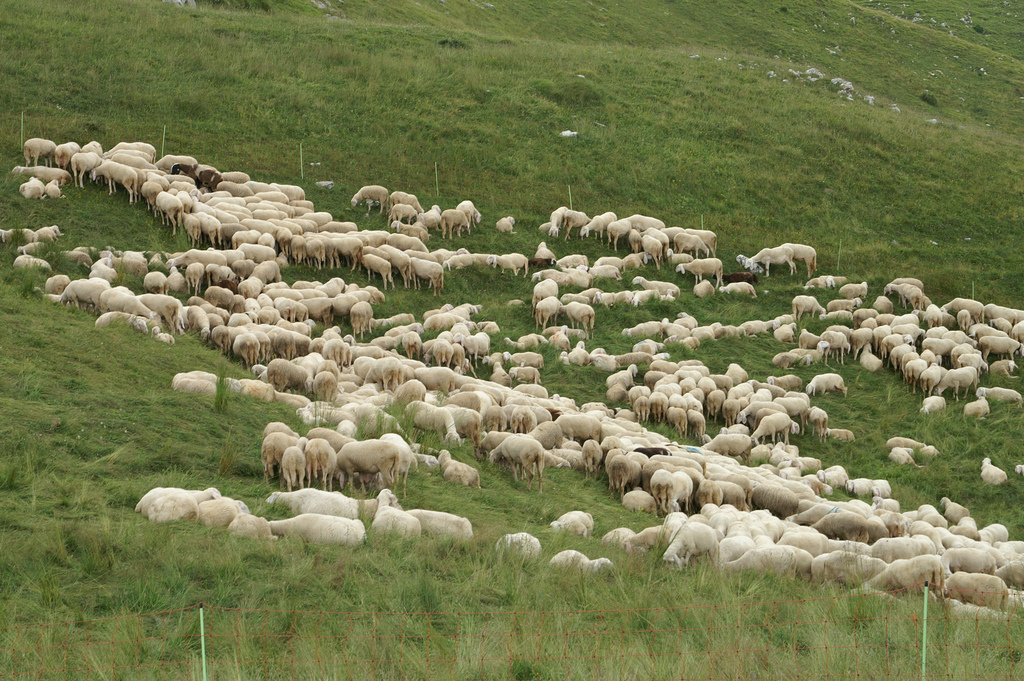
It has long seemed to me that there is an amazing clash in the human desire to be like everyone else even when we think we are being different. Take the snappy dresser who looks in the mirror and says, ‘damn I look good, I’ll make heads turn in this’ – then heads into the street where everyone is wearing the same blue shirt and yellow silk tie (all feeling chuffed at their sartorial gift).
Sheepism is a human condition. And my journey to understand why, took me to two social scientists: Albert Bandura and Abraham Maslow.
Albert Bandura is the pioneer of social learning theory. His famous Bobo Doll experiment showed that people not only learn by being rewarded or punished they learn from watching somebody being rewarded or punished, too.
This aligns with the responses of economists to economic challenges. Hit people where they hurt most (the wallet) or provide an incentive to kick start lagging growth (cheaper debt/lower interest rates). And beware negative consumer sentiment (Tony), it’s virulent!
Bandura’s work infers that any type of behavior we display socially is learned primarily by observing and imitating the actions of others.
Now, Maslow is no stranger to those who practice organisational culture: his triangle marks many a university text. What’s interesting is the intersection of ‘belonging’ as described by Maslow with Bandura’s findings.
According to Maslow, humans need to feel a sense of belonging and acceptance among their social networks. Large social groups may include clubs, co-workers and sports teams; small social connections include family, partners and colleagues. People are susceptible to loneliness, social anxiety and clinical depression in the absence of love or acceptance.
In fact, the need for belonging can overcome physiological and security needs, as in the case of peer pressure. Consider Bandura’s work with criminals which demonstrates that who you hang with can determine what you become.
Why is this interesting? Because it is important that there is a theoretical basis to much of the work communicators do. We are called upon to influence behaviour: from educating citizens on a new health policy or program to creating desire for a product or service. We need to consider the small social connections and the group networks, and who to seed with an idea or a mandate to lead.
Our work comes with great responsibility. We need to choose carefully where to direct the sheep.
Interestingly, the leader of a flock of sheep is usually the oldest ewe. There is a blog article there on stereotyping – next time.

